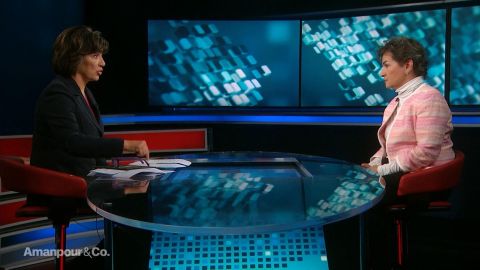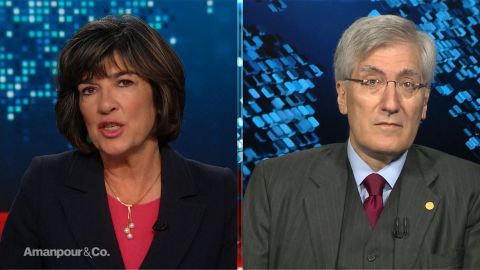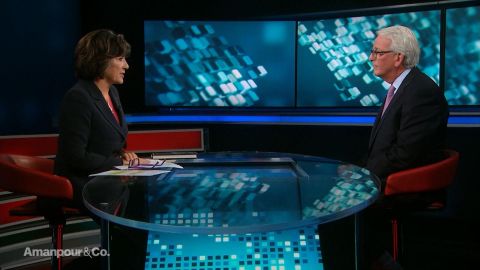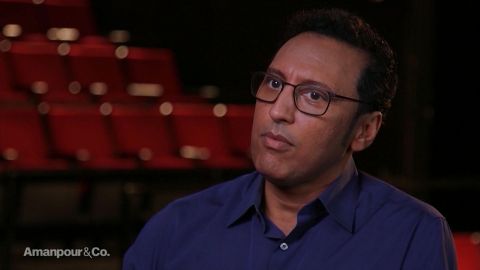Read Transcript EXPAND
ROBERT GEORGE: I’m not quite sure I understand the question, Christiane because Americans have long understood, at least going back to the New Deal and really probably before that, that the Supreme Court is not immune from politics. Franklin Delano Roosevelt very carefully made his appointments, people who would uphold New Deal policies of previous court. The court that he inherited was striking down those policies. So he made an explicit political judgment as to who to appoint. And, in fact, prior to getting those appointments, Roosevelt actually tried to pack the court, threatening the very ideal of judicial independence in an effort to overcome the resistance of the court to the New Deal. And we got the same thing in the 1960s. We got the same thing in the 1970s. This is not new to Americans. It’s the more general atmosphere of severe partisanship and polarization that I think makes this situation different.
CHRISTIANE AMANPOUR: Well, let’s talk a little bit about that because you just said severe and it is. I mean everybody around the world, their heads are spinning on what’s happening. People believe that it’s an unprecedented situation. I know you say it’s not that new, maybe in the strict legal sense that you’re talking about but people have not seen anything like this for a long long time. And I think you have said that what’s happened is that there is, you know, it’s a nation where citizens are not necessarily bound together by a common ethnicity, race, religion, linguistics, et cetera. It’s especially critical that we not view each other as evil or monstrous, even when we have deep disagreements over very divisive issues. Expand on that for us a little bit because that’s exactly what seems to be happening in the U.S. right now.
GEORGE: Well, you quoted me accurately, Christiane. We are not a country whose bonds of citizenship are based on blood or soil or throne or alter. We really are many different ethnicities, religious groups. We don’t even have a deep common cultural history or linguistic background. We are many different types of people. What binds us together is our commitment to certain fundamental constitutional ideals, the principles of the declaration of independence. We’ve always said that that’s what makes us an exceptional nation. But that means that we will only hang together as a nation if we recognize each other despite our disagreements, sometimes profound disagreements, not as enemies but as friends. Friends who have disagreement but as reasonable people of good will who don’t always come to the same conclusions but who wish to be bound together as citizens. Since we’re not bound together by blood or soil or any of those other factors, race, ethnicity, religion, if we lose our will to be fellow citizens, to live together in this democratic republic, we will fall apart.
About This Episode EXPAND
Christiane Amanpour interviews former U.N. Climate Chief Christiana Figueres; former U.N. Ambassador to NATO Ivo Daalder; and Professor of Jurisprudence Robert George. Alicia Menendes interviews actor and writer Aasif Mandvi.
LEARN MORE



